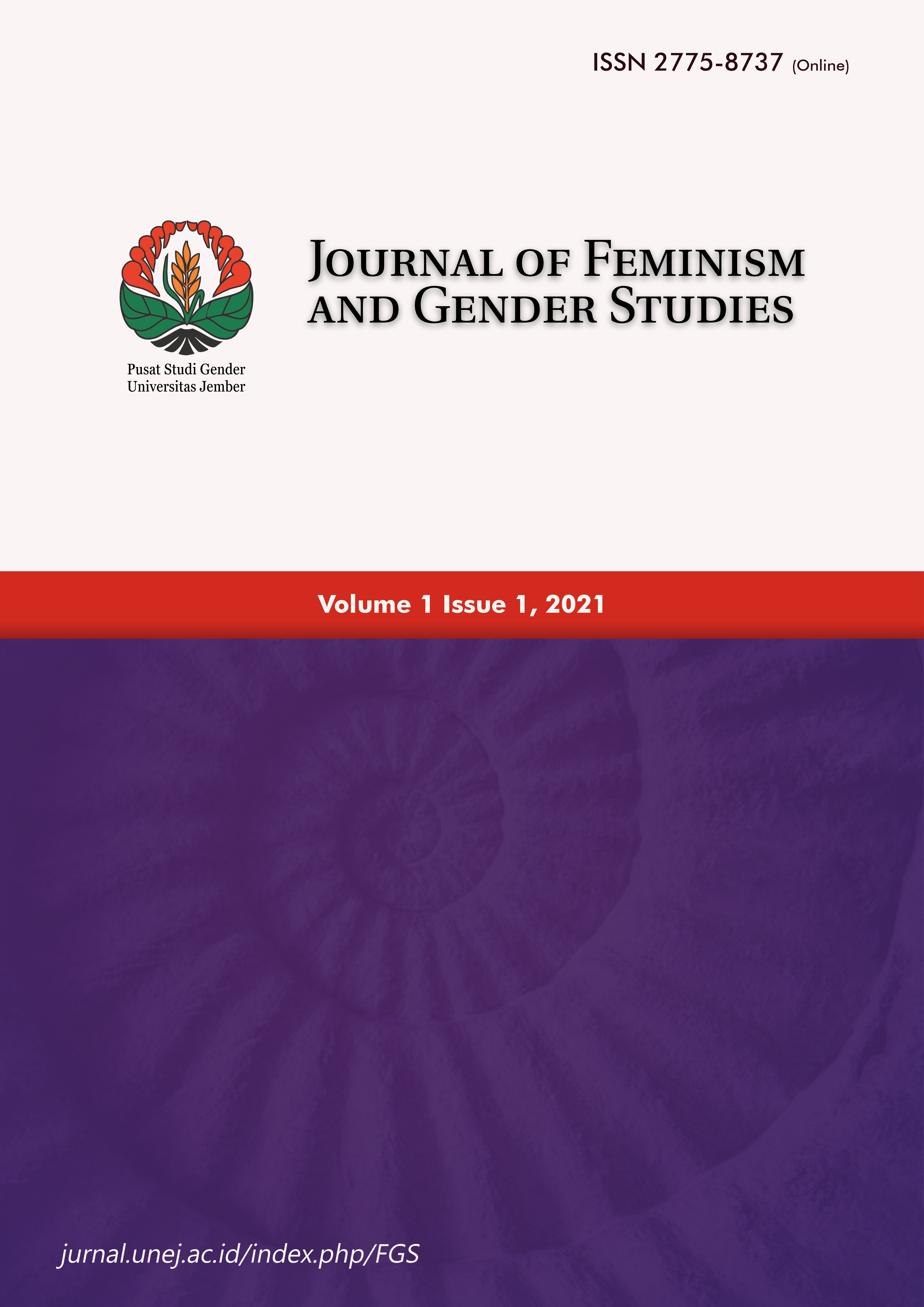TINDAK TUTUR ILOKUSI DALAM PERCAKAPAN TOKOH PADA PERTUNJUKAN DRAMA DILARANG MENYANYI DI KAMAR MANDI OLEH TEATER TIANG
DOI:
https://doi.org/10.19184/fgs.v1i1.23102Keywords:
Illocutionary speech acts, form, function, perlocutionAbstract
Illocutionary speech act is an act of speech that has the intention of conveying information to its destination so that the speech partner does something. Illocutionary speech acts are found in all aspects of daily social interactions. It is also included in the interactions contained in a drama performance Do Not Sing in the Bathroom which is performed by the Tiang Theater, Jember University. According to Searle, the form of illocutionary speech acts consists of several forms, namely representative, directive, declarative, expressive, and commissive. This study uses a qualitative research design while the type of research used is descriptive which aims toproblems in accordance with reality based on facts. The data in this research is in the form of dialogues that are told by drama characters in the performance. The source of the data in this study is a video performance documentation. Data collection techniques used in this study were documentation techniques and data transcripts. The data analysis technique used in this study consisted of three stages, namely data reduction, data presentation, and data analysis procedures (preparation, implementation, and completion). The results of this study indicate that there are forms of illocutionary speech acts in the dialogue of the characters in the drama Prohibited from Singing in the Bathroom by Teater Tiang Universitas Jember, namely: representative, directive, expressive, declarative, and commissive. the illocutionary speech act functions of the drama characters. namely: competitive, convivial, collaborative / cooperation, and conflict. Support speech partners for the illocutionary speech acts received.



